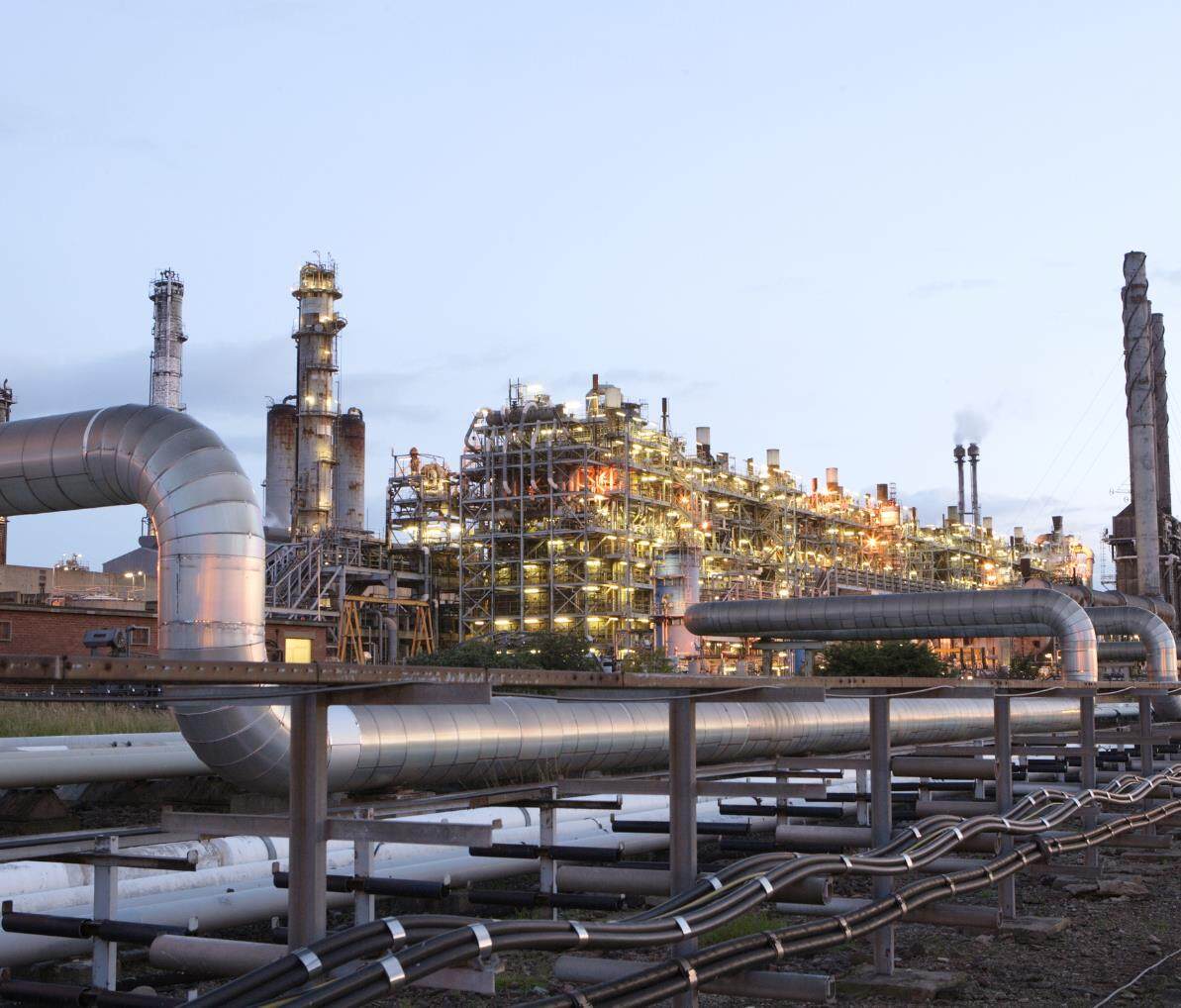- The agreement includes technical cooperation related to hydrogen and renewable energy
- Saudi Aramco aims to increase its liquid to chemical capacity to 4 million barrels per day by 2030

Saudi Aramco, the largest crude oil producer, signed a preliminary agreement with China's Shandong Energy Group to supply crude oil and chemical products. The scope of the agreement also extends to technical cooperation related to hydrogen, renewable energy and carbon capture and storage.
China is the world's second largest economy and the largest crude oil importer. In the face of increased fluctuations in crude oil and natural gas prices, China has been signing long-term agreements with energy exporters.

In 11 months, Qatar Energy signed a 27 year agreement to provide Sinopec with 4 million tons of LNG annually. Mohammed Al Qahtani, senior vice president of downstream business of Saudi Aramco, said that through such cooperation in China's energy center, we are creating new growth paths for this country that promotes the integration of refining and petrochemical processes.
Shandong Energy Group is the largest coal group in Shandong Province of China and the third largest coal group in Asian countries. The company's business also includes logistics, trade, power generation and machinery manufacturing. Shandong Energy and Saudi Aramco are both important participants in the international energy field, said Li Wei, chairman of Shandong Energy Group.

We have many common interests, complementary strategies and broad space for cooperation, especially in the development of oil and natural gas resources, as well as the integrated development of oil refining and petrochemical in the entire industrial chain. Saudi Aramco said it would build a $7 billion refinery integrated petrochemical steam cracking unit in South Korea through its S-Oil department.
With more and more consumers turning to electric vehicles, it is expected that the petrochemical industry will become the main driving force of crude oil demand in the coming decades. According to the data of the International Energy Agency, petrochemical products will account for more than one third of the increase in oil demand by 2030 and about half of the increase in oil demand by 2050, leading the truck, aviation and shipping industries. Keywords: overseas news, engineering news
The agency said that by 2030, petrochemical products will consume an additional 56 billion cubic meters of natural gas, equivalent to about half of Canada's current total natural gas consumption.Editor/Xing Wentao
Comment
 Praise
Praise
 Collect
Collect
 Comment
Comment
 Search
Search














Write something~